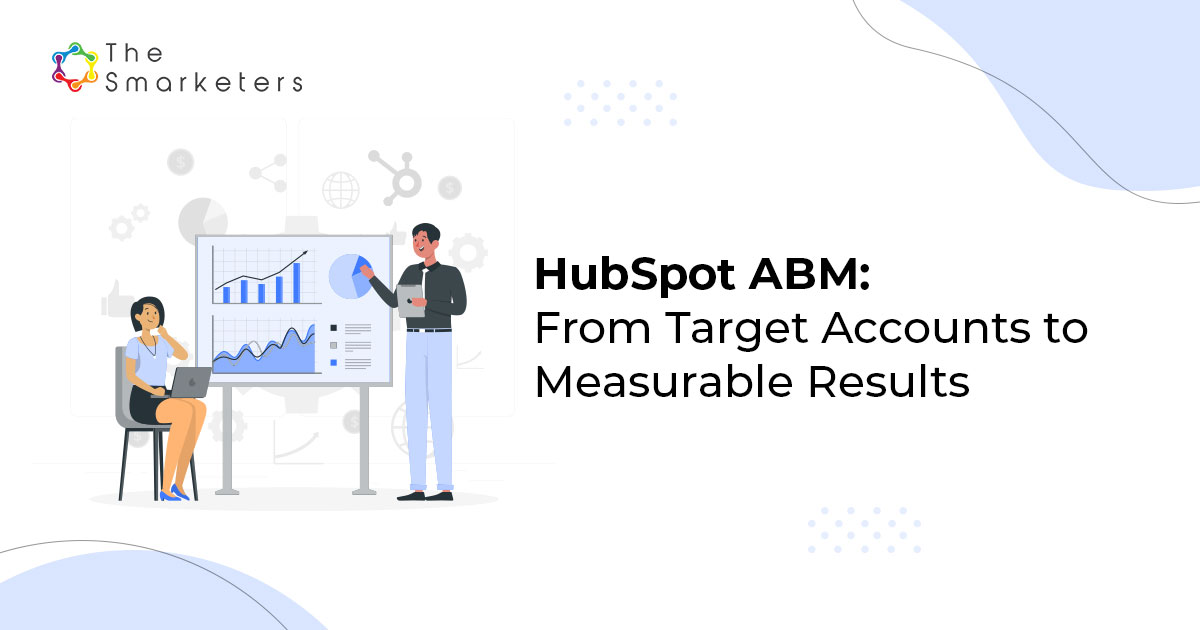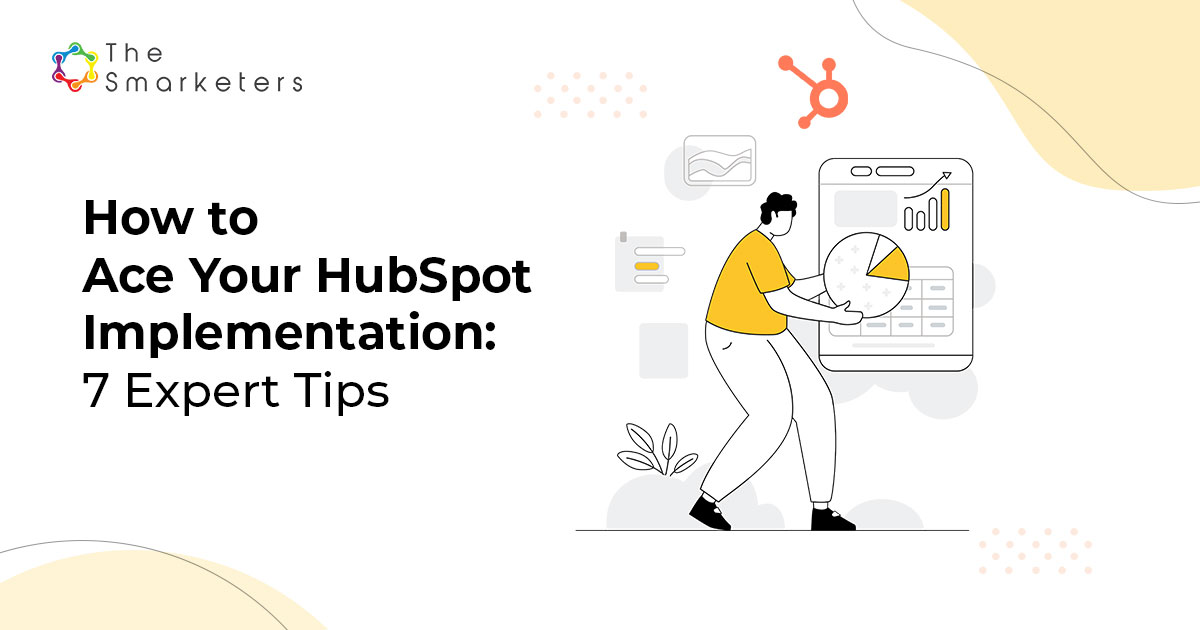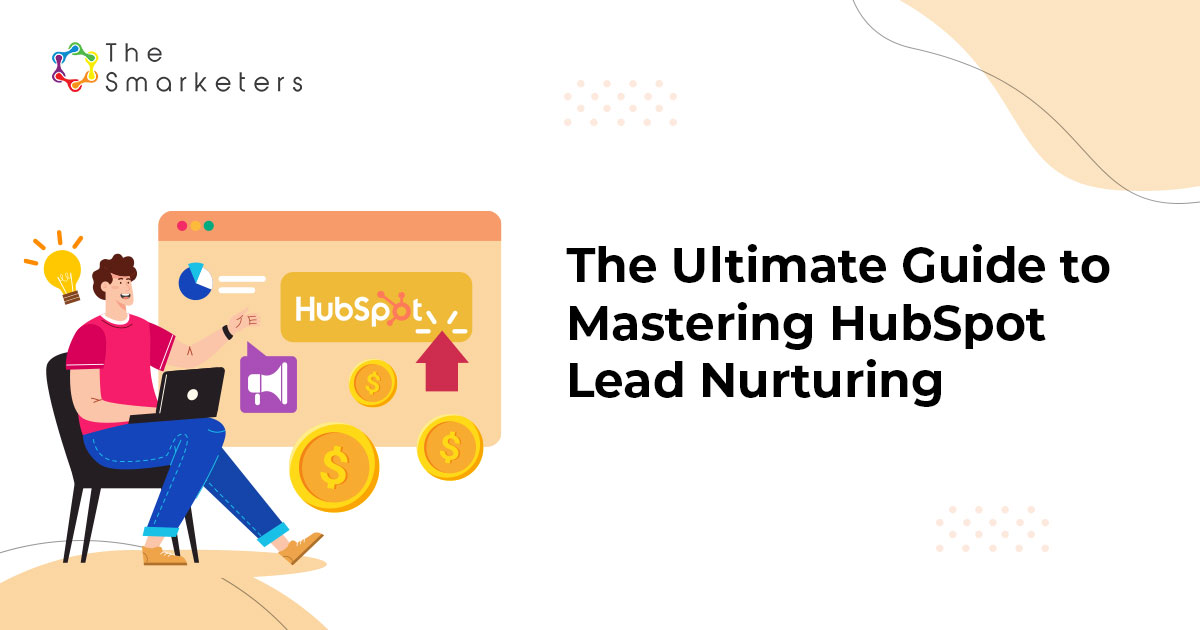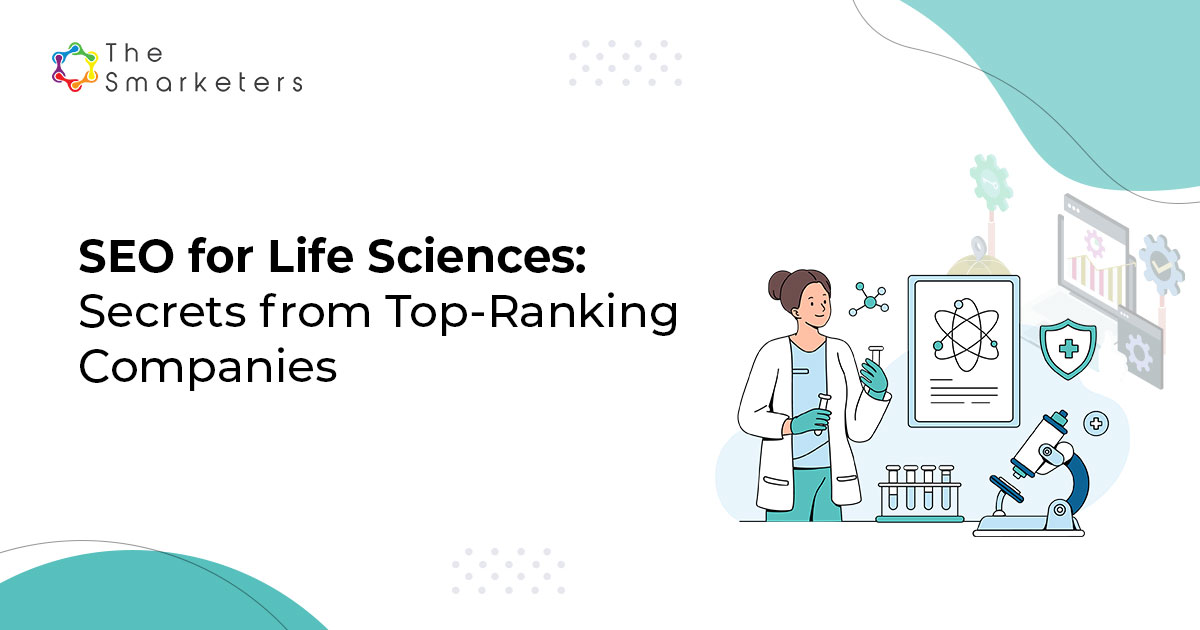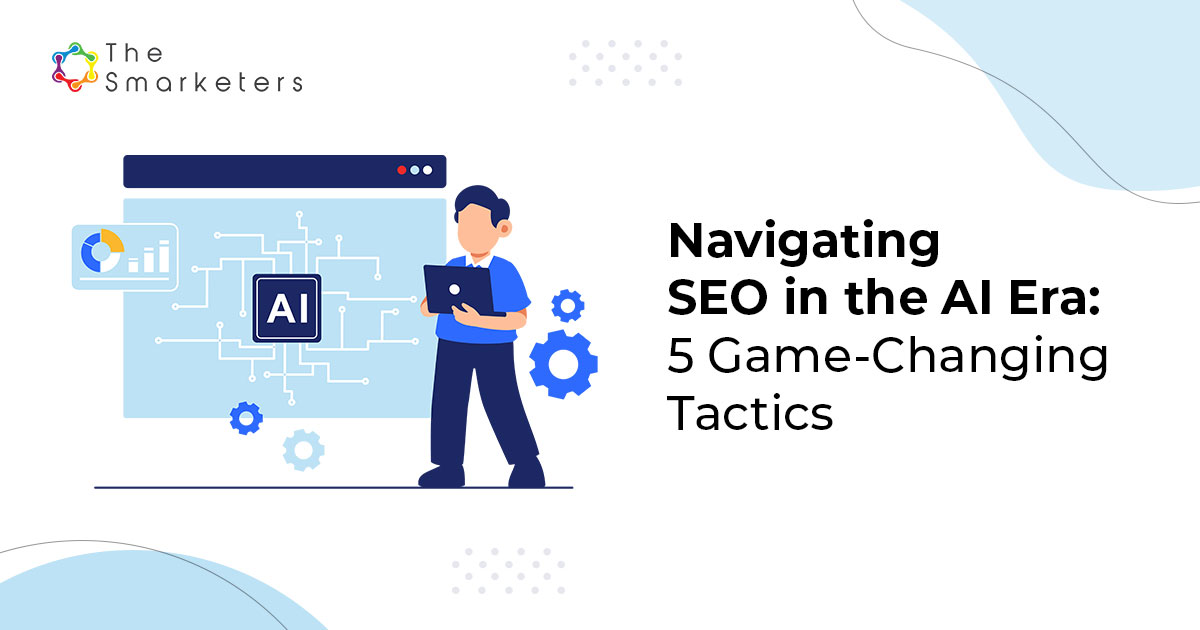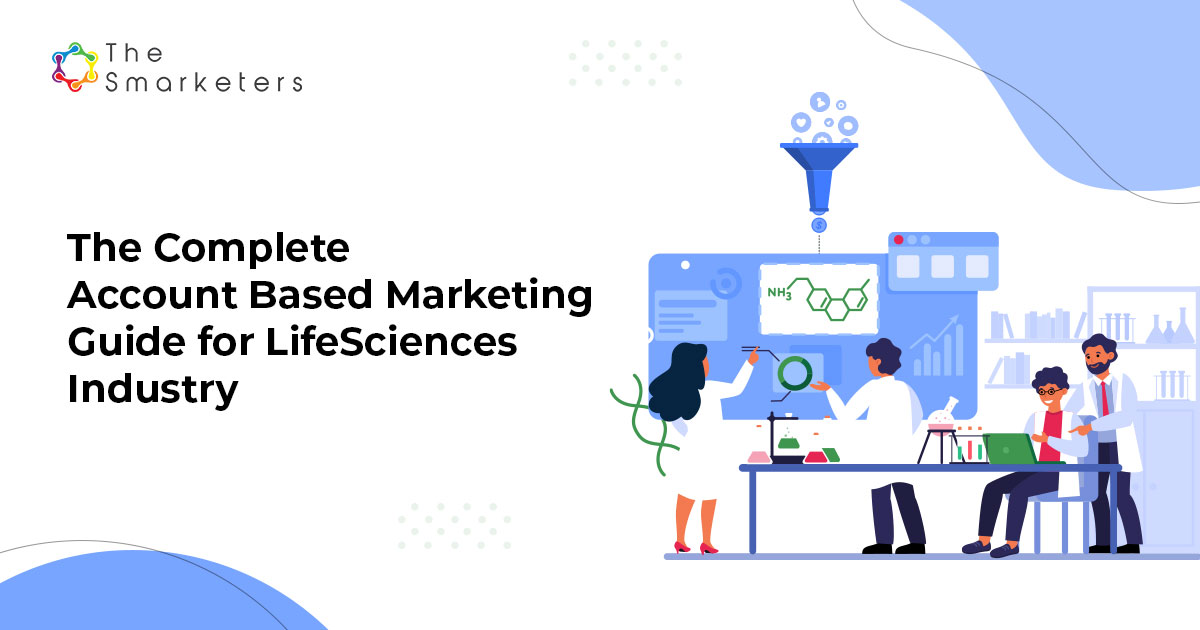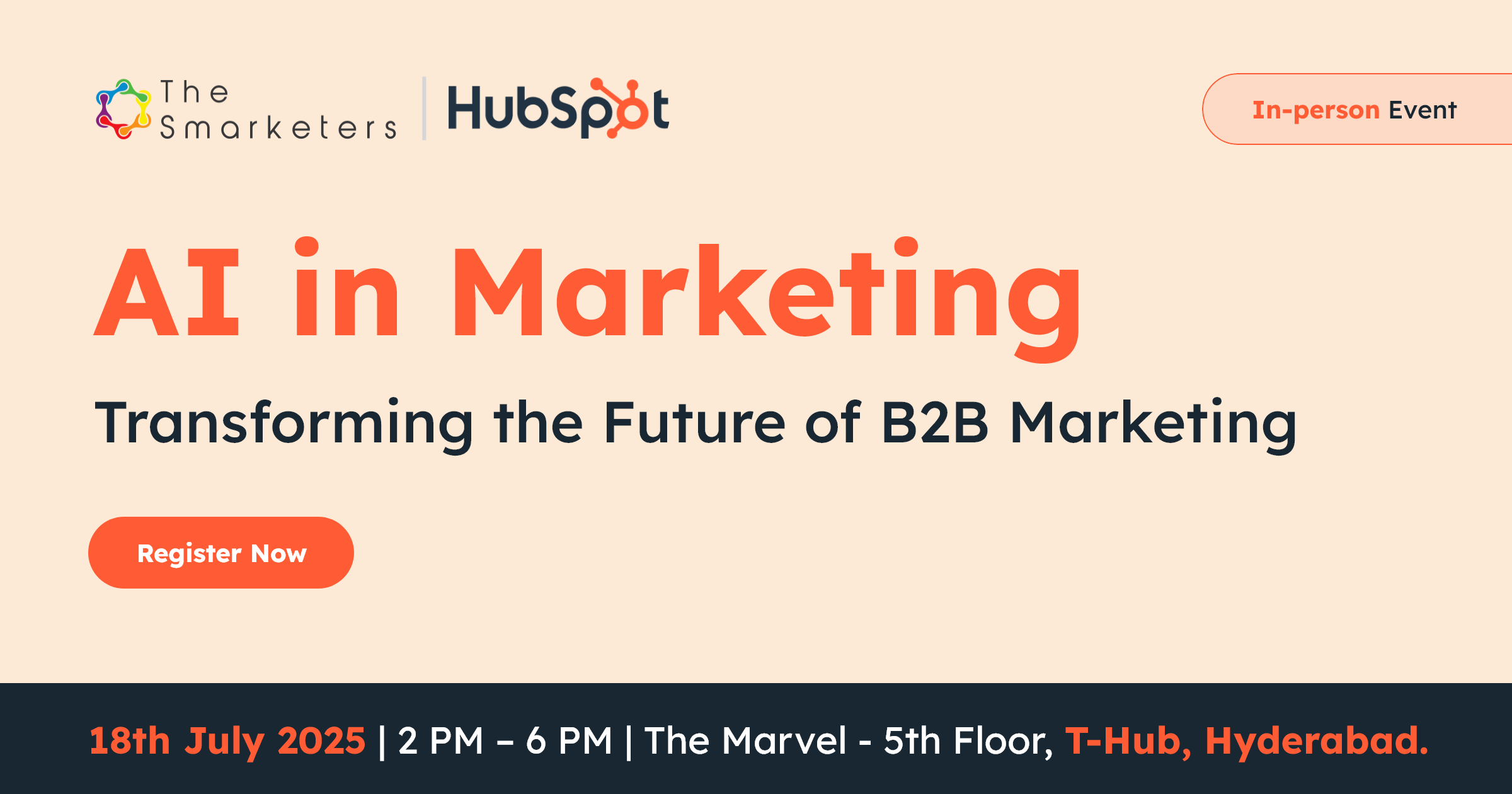Artificial intelligence and its integration into marketing strategies have transformed how businesses reach and engage customers. According to Statista, AI in marketing will be valued at 107.5 billion USD by 2028 from 15.84 billion USD in 2021. It reveals the promising potential of AI to impact various aspects of marketing. In this scenario, ABM is best positioned to leverage AI in B2B marketing successfully than any other marketing strategy.
ABM’s success is determined by its principles of personalization, timely communication, research, production and sales-marketing alignment. A personalized ABM strategy powered by artificial intelligence helps both sales and marketing personnel to implement better. By leveraging AI technologies, businesses can personalize their ABM strategies to align with client needs and achieve more effective outcomes.
Use of Artificial Intelligence in Account-Based Marketing
AI comes with the ability to perform tasks for humans that involve visual perception, speech recognition, decision-making, and translation between languages. By using AI in ABM, businesses can employ predictive analytics to gain better insight into customer behavior and spot buying patterns, thus gaining the upper hand in anticipating upcoming market trends. Besides, it also eliminates redundancy and automates routine tasks with consistent workflows.
Here are some areas we have spotted which demonstrate best how AI can impact account-based marketing.
Data Segmentation
Segmenting unrefined customer data is an imperative condition for a successful ABM strategy. Unlike traditional marketing, where the target is to reach as many customers as possible, ABM is focused on nuclear-level segmentation based on a series of factors.
Embedding an ABM tool with artificial intelligence can help create accurate customer lists based on individual preferences and needs. Account-based marketing tools refine, combine, and structure customer data saving valuable time otherwise spent segmenting data. Thus, AI in ABM accelerates the high-value lead identification process enabling marketing teams to close deals faster.
Lead Generation And Building Accounts
Customer Profiling is identified as a crucial step in implementing ABM. Knowing and defining the customer precedes the first interaction with the customer (or account). AI can crawl the data across the Internet and company database to identify the most appropriate accounts to be prioritized. Through such prioritization, resources are allocated to nurture the prospect, close a sale and build a stronger relationship with that account.
AI in Account-Based Marketing can also intuitively build fields that are relevant to an account instead of using generalized fields in lead generation or CRM platforms. It can suggest missing fields that would help a salesperson close a high-priority deal faster. AI-based tools like Conversica, Clickatell, and Leadshare help in lead qualification, nurturing, and recommendation. Clearbit is another technology that translates anonymous information about leads into meaningful data instrumental for client profiling.
Automated Lead Scoring
AI-powered account-based marketing tools can automate the lead-scoring process in ABM. By analyzing various data points such as firmographics, online behavior, and engagement levels, AI algorithms can assign lead scores to potential accounts. This helps marketers identify the most promising accounts and focus targeted efforts on nurturing them, resulting in improved efficiency and higher conversion rates.
Hubspot, Salesmate Inc, Slintel, and Keap are a few notable lead-scoring tools businesses use to create scales and benchmarks for grading prospects.
Personalized Content
Content personalization is a pervasive matter, in the case of ABM. Email draft, ad copy, content published on media channels and on-site content too can be personalized using artificial intelligence. ABM is delivered best when highly personalized and customized content is delivered to the prospect and customer. This is to create complexity but to deliver exactly what the audience is looking for.
The element of Natural Language Processing helps in creating content that the target audience wants to hear and understand. Sentient Aware and Narrative Science are already offering solutions to this problem.
Automation & Dynamic Content
There is already enough marketing automation that exists out there. AI adds intelligence to such automation. You can already see it in your email and Linkedin inbox, where you are provided pre-drafted prompts as replies when you receive an email. With enterprise email solutions, the challenges are more complex. For instance, creating multilingual automated replies for clientele across geographies.
A Gartner study predicts 30% of all content produced by enterprises will be AI-generated by 2024. With ChatGPT in the picture, marketing teams can now easily generate content tailored to platforms and audiences, driving up conversion significantly.
Analytics is stitched into the email campaign that facilitates the marketer with insights that otherwise would have taken longer for the humans to gather. Wylei is an AI tool that helps create and publish dynamic content. Other renowned platforms like Adobe and MailChimp have also roped AI into their solution.
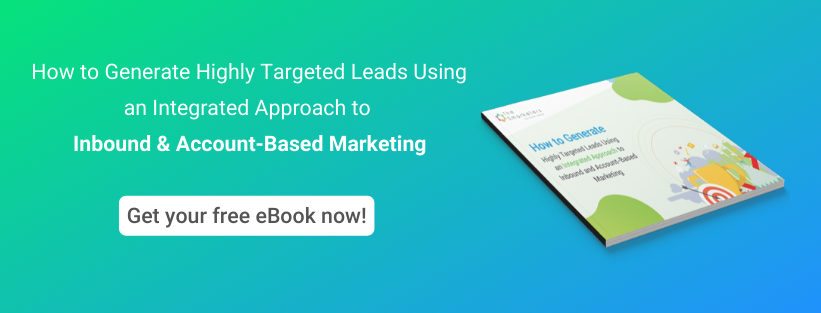
Analytics & Reporting
Bulky Spreadsheets and beautified slides are built in silos. With big data and data interpretation tools the task of reporting got slightly better and more effective, but not intelligent. Insights are still the onus of humans and not that of machines.
AI can help marketers merge disparate data sources to identify patterns and predict future results. Roboto is one such solution that is already doing the job of a predictive analytics engine. Another area that needs the help of AI is social media. Unmetric, an AI tool allows companies to analyze any competitors’ social media activity in detail, helping uncover new social media strategies.
The level is the use of recommendation engines of AI in account-based marketing. Dynamic Yield is one such recommendation engine that analyzes the effectiveness of recommendations in real-time and tweaks them accordingly. These personalized and targeted offers provide customers with exactly what they need instead of bombarding customers with irrelevant offers.
Automating Repetitive Tasks
The power of AI in account-based marketing is best realized in automating tasks like data management, monitoring campaigns, and customer outreach. While these might be repetitive ABM tasks, they are indispensable for business growth. Putting human effort and focus into these tasks is a waste of both time and valuable resources.
Integrating AI into your data analytics software solutions can help categorize and identify patterns and behaviors that can, in turn, help filter your target audience further. AI-powered ABM improves overall campaign performance, allowing marketing teams to create unique promotional campaigns for lead conversion.
Final Verdict
To fulfill the benefits of ABM services, AI needs to be integrated into different layers of its architecture: device, personal, social, and environmental layers. Account-Based Marketing is leveraged to its optimal potential when accompanied by artificial intelligence across all the layers.
According to Statista, 57% of B2B marketers used AI chatbots in their demand generation campaigns to better understand the target audience, while 55% used chatbots to generate new leads. Given the dynamic surge in AI adoption across industries, AI-powered Account-Based Marketing holds immense potential for B2B businesses.




